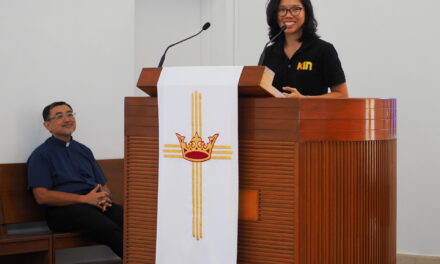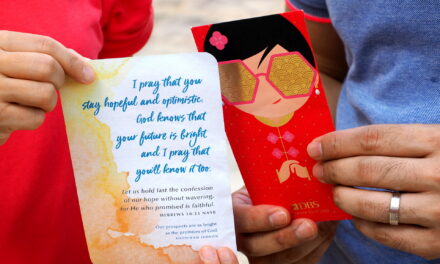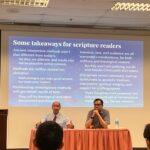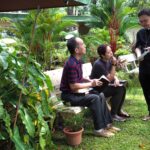
Psalm 51:7-8
7 May you unsin me with hyssop, and I shall be purified;
May you wash me, and I shall be whiter than snow.
8 May you cause me to hear exultation and gladness;
May they rejoice, the bones you have crushed.
UN-BREAK MY HEART, SAY YOU’LL UN-SIN ME
Un-break my heart, say you’ll love me again
Undo this hurt you caused, when you walked out the door
Un-cry these tears, I cried so many nights
Un-break my heart
Toni Baxton’s hit song, Un-Break My Heart, has always struck me as an impossibility. Anyone who has been hurt before can testify that deep hurts may heal but can never be undone. Fallen tears may dry, but can never be un-cried. Then there’s the heart. Can something that has been broken ever return to its unbroken state?
This was a question that had unconsciously plagued me for years. An impressionable self in my university days, coupled with unfavourable company and a lack of spiritual maturity, saw me disobey God in ways I never knew I was capable of. Me, whom people had always held as the epitome of good-girl-ness. Even after I finally got out of that state, I still unconsciously thought of myself as broken beyond repair. Would God bother to un-break me? Could He?
Psalm 51:7 answers me irrevocably: Yes he can, and yes he very much bothers to. Often translated as “purge” or “cleanse”, the Hebrew literally means to “un-sin”—to be completely atoned for. It is not to be merely healed but to undergo a complete un-sinning where I shall be whiter than snow, and the bones that were crushed will rejoice again.
The psalmist acknowledges that God alone is the one who un-sins, who washes, and who causes gladness. God’s way of laundering can be painful, tedious, and time-consuming, but it is through such washing and wringing that we are purified.
This dream of un-breaking and un-sinning is not a fairy-tale that exists only in an emo love song; it is a concrete promise made by a loving and omnipotent God. Therefore like the Psalmist, turn to God and confess where we need un-sinning so that we may become whole.
Esther Peh
(M.Div., Yr 2)









